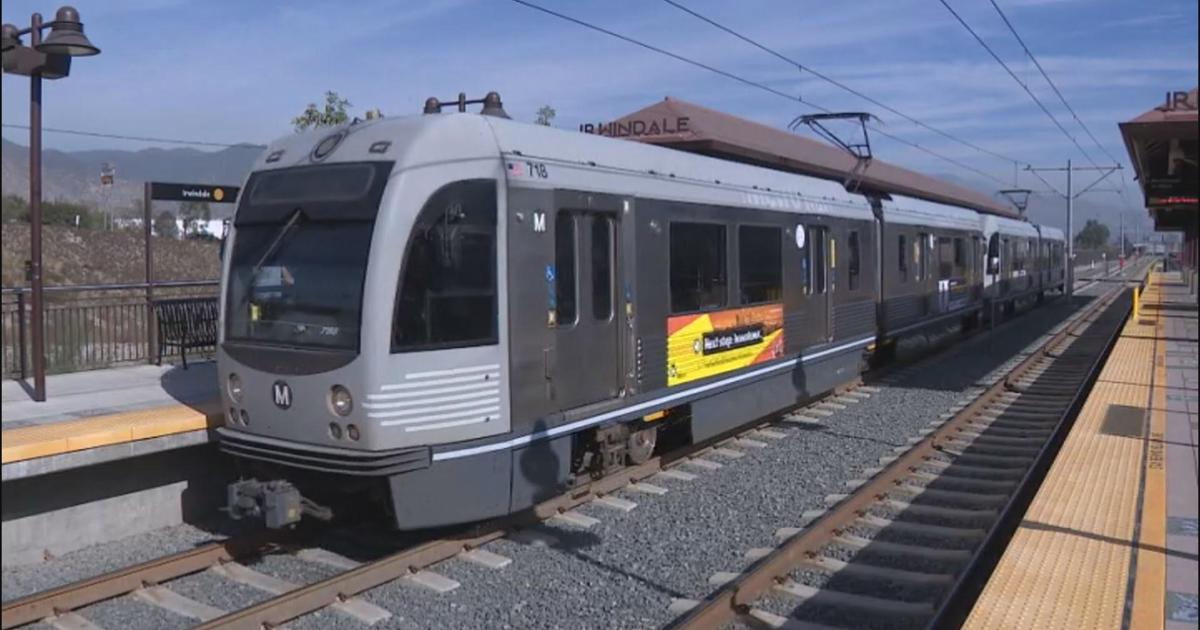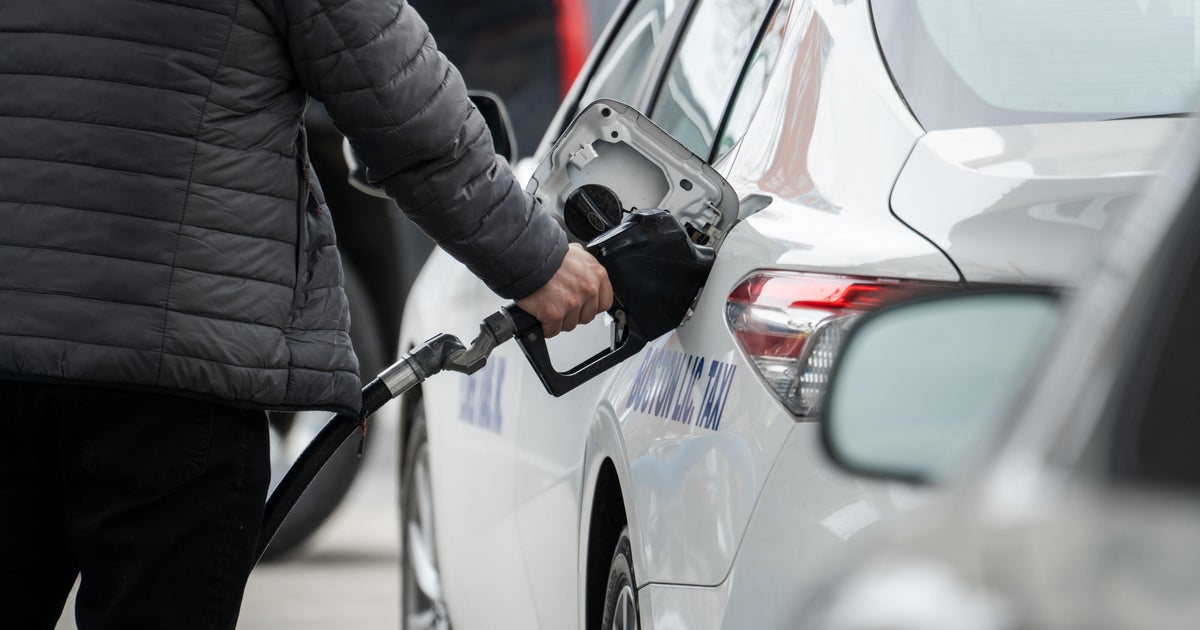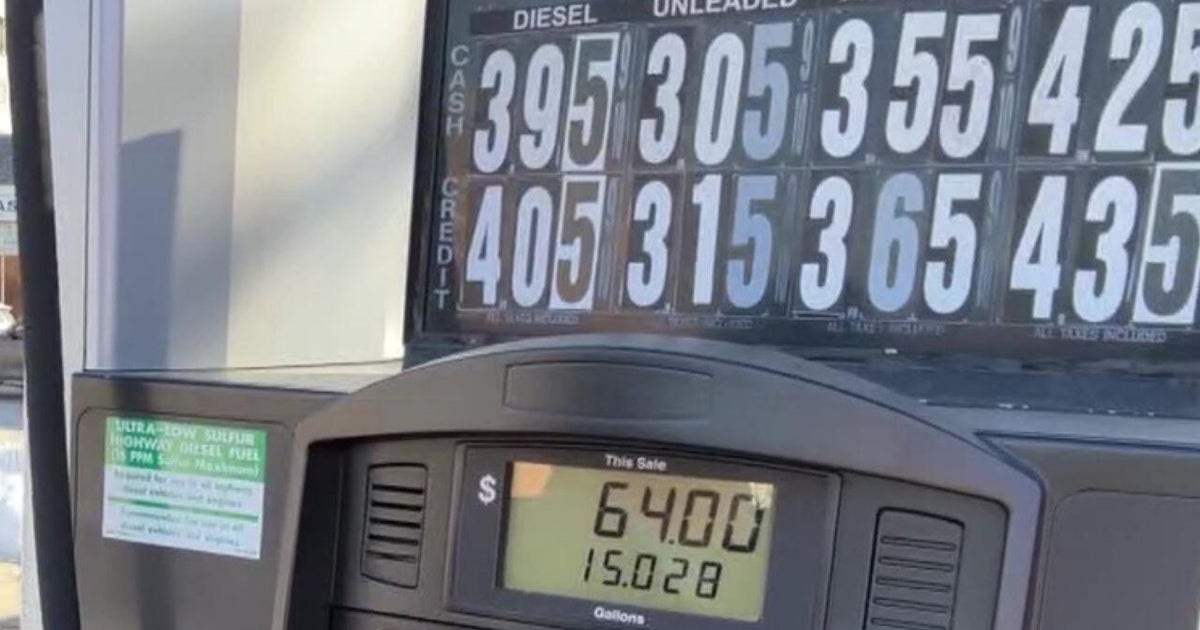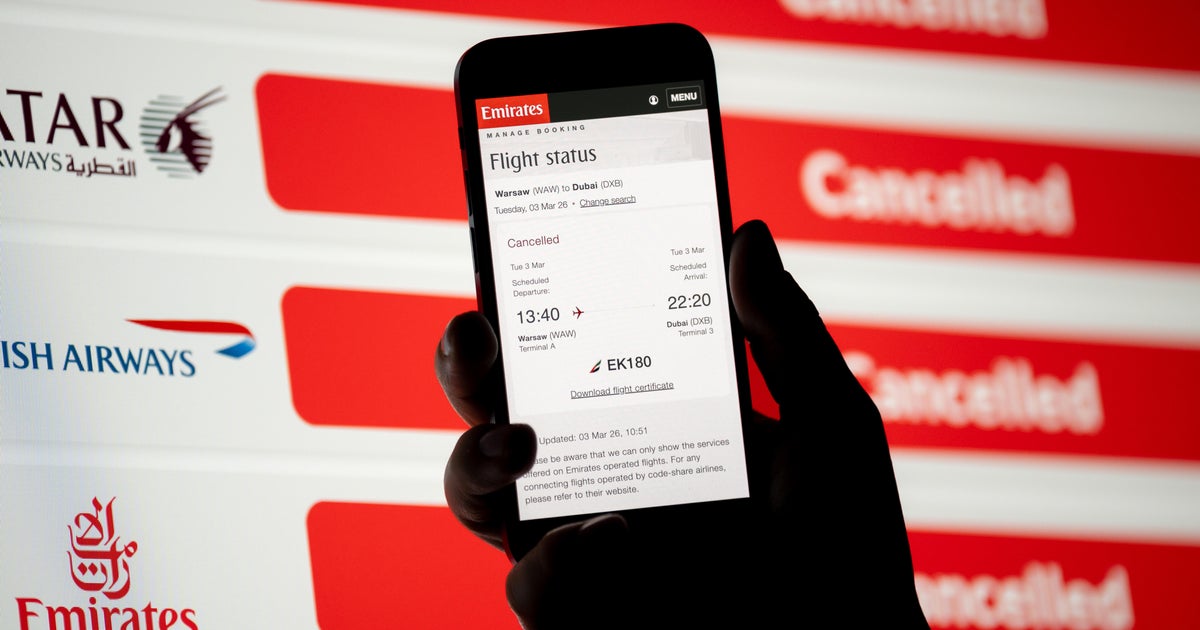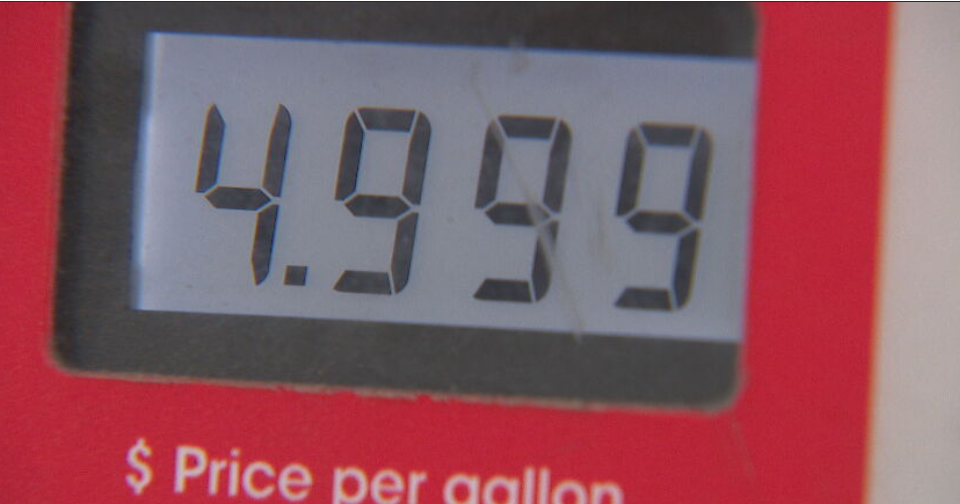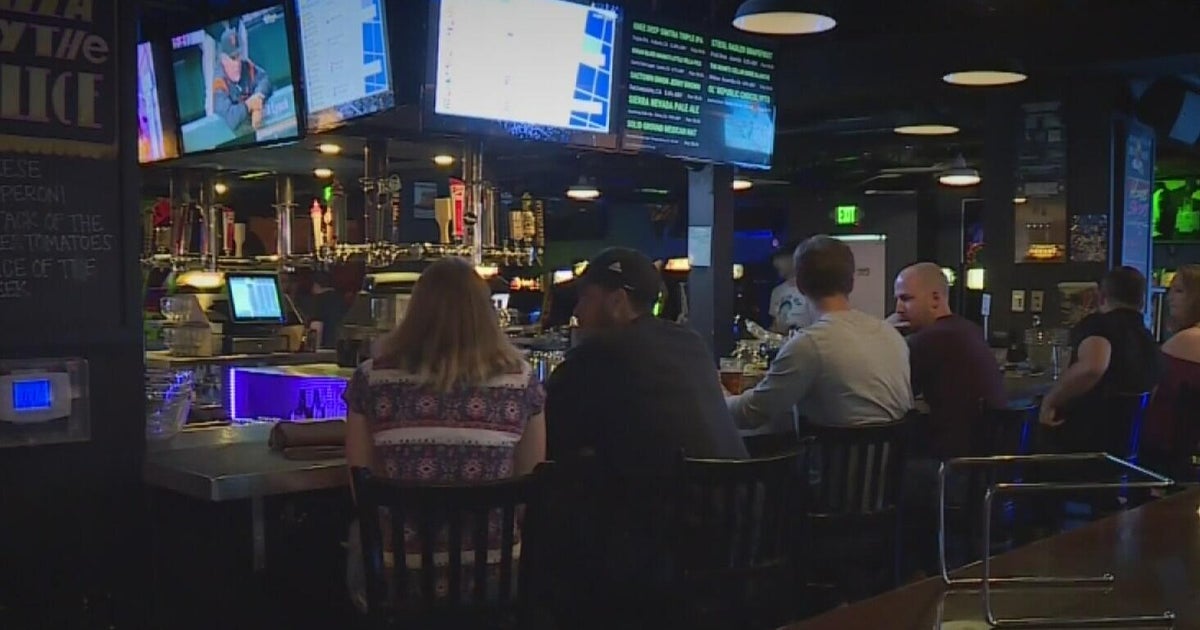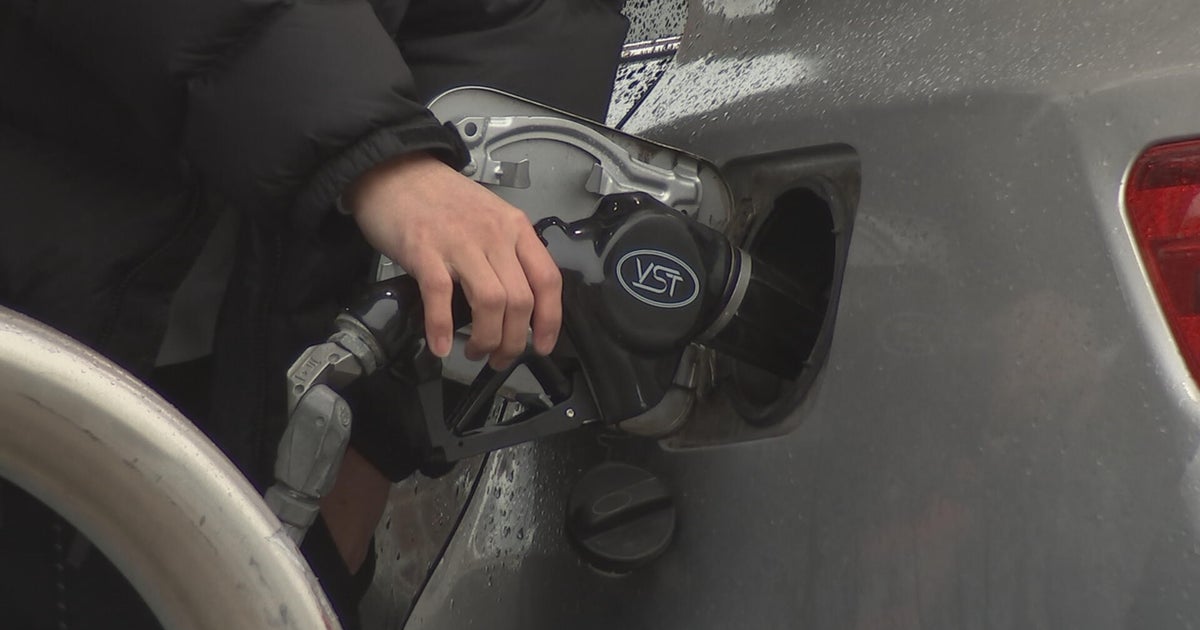Debate Heats Up Over Bill That Would Cut State Gas Use In Half
LOS ANGELES (CBSLA.com) — A bill that aims to halve gasoline consumption from cars and trucks in California by 2030 has spurred a contentious debate between environmentalists and representatives of the automobile and oil industries.
As the Clean Energy and Pollution Reduction Act of 2015, or SB 350, makes its way through the California State Assembly before a final vote in the next few weeks, both sides have recently ramped up their public relations efforts.
Proponents of the bill, authored by Senate President Pro Tem Kevin de Leon, D-Los Angeles, and Sen. Mark Leno, D-San Francisco, say it will improve air quality and reduce greenhouse gas emissions by mandating carmakers sell more gas-efficient vehicles and by improving public transportation options. Reduced tailpipe emissions would also be a boon for public health, they say, and more efficient vehicles will help consumers save money at the pump.
"Our focus is very clear: to put more money in the people's pockets so they can save. Who wouldn't want to save on gasoline?" De Leon said. "Who wouldn't want to drive farther on a gallon of gasoline?"
But the bill's opponents claim it will impose fees on drivers of old cars that don't conform to the state's new standards. What's more, opponents fear it will lead to "gas rationing" and dramatically raise fuel prices for consumers.
"To be able to say to every Californian, we are going to dictate to you what kind of car you should have and how old it is, it's not something that Californians want to see," said Beth Miller, a spokeswoman for the California Drivers Association.
Another concern is that the bill would give too much power to an unelected body — the California Air Resources Board – which is tasked with figuring out the specifics on how to halve gas consumption in the state.
Gov. Jerry Brown, who supports the bill, said he's not surprised it has become such a hotly debated issue.
"Of course, the people who are going to sell 50 percent less petroleum are not only going to have questions, they're going ot have a fierce, unrelenting opposition," he said.
In addition to reducing gas consumption, the bill would also require that public utilities generate 50 percent of electricity from renewable energy sources by 2030, and that older buildings receive upgrades to double their energy efficiency by that year.
